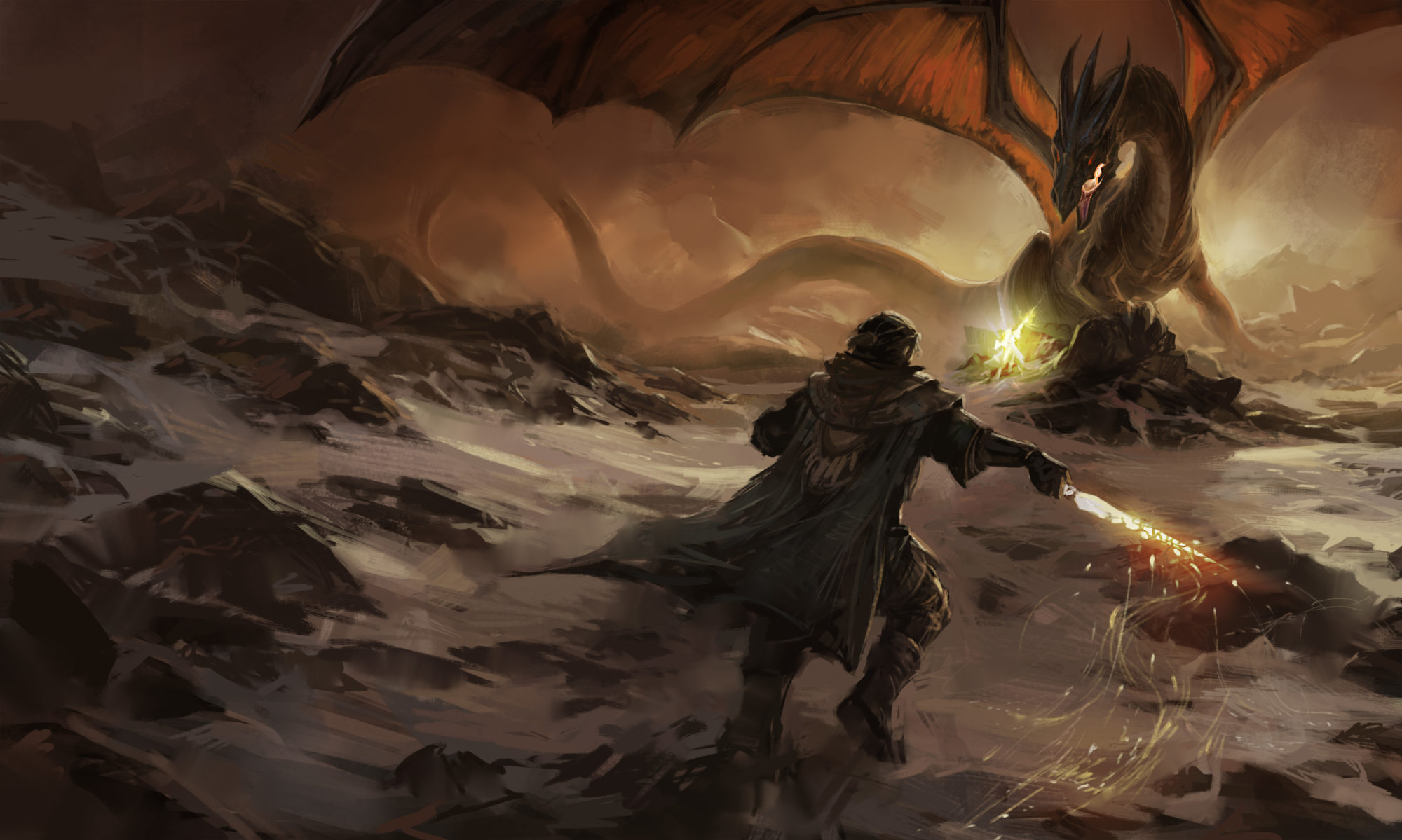Sin: the deliberate prevention of the realization of potential.
Just like that.
I don’t believe in Positive Divine Law (that is, something is Evil because God says it’s evil). I don’t think there are sins that are sins because they’re “against the rules.” It doesn’t make sense, it doesn’t WORK (God MADE people in such a way that they constantly test the limits, they constantly tear at any boundaries around them). Establishing any Positive Divine Law is the same as forcing Man to sin, which is, I believe, antithetical to God.
No. I really don’t believe in “sins” as atomic units. Rather, I think of “sin” as a term meaning, “those actions which prevent us from attaining Paradise.”
Close enough — those people who want to look at it that way could still use that definition to incorporate those atomic sins which, by being committed, keep us from getting to Heaven. Telling a lie — bam! You’ve sinned, so you can’t get to Heaven so, in effect, you’ve committed an action which prevents you from attaining Paradise.
My point with that last sentence was to convince you to accept my definition of sin, so that we can have some mutually-agreed-upon term. From that point, I’m going to establish my position (which you’re most welcome to whole-heartedly reject).
I do feel that the ultimate goal of Man is to attain Paradise. Philosophically, that’s referred to as living the Good Life. Theologically, it’s getting to Heaven. I’m talking about both, but most concerned with the latter.
Okay. So…. There’s a very long argument here, which I should get into exclusively under the topic of God, but I think I can posit a little bit here. The ultimate goal of Man is to attain Paradise, and every Man has the potential to achieve that goal. I believe that utterly, and encourage you to believe the same. Sinning is acting in such a way as to lose your opportunity or, in other words, failing to meet your potential.
Honestly, I feel like the only Evil Thing is deliberately preventing the realization of potential. Whether it be Murder (in which you stop a life, thereby preventing the realization of the ultimate potential, in that every Man, in every moment of his life, has the full potential of the Creator within him), or good ol’ Catholic Sloth (in which a Man, with the full potential of the Creator within him, chooses not to act, not to create, but to waste his potential).
This is my beef with the Church, and with the U.S., and my answer to several of your comments. Yeah, it’s good in it’s current form. Yeah, it’s doing good things in the world, even. It’s successful. But it’s NOT living up to its potential. A church as a social club can be quite helpful to its members, but it’s squandering all the authority given it by its being the embodiment of Christ on earth. NOTHING ELSE GETS TO BE THAT. The church is the only entity with that potential, and it is using that potential in only the smallest of ways.
That I call Evil.
The U. S. as well. Most representative governments, I believe, cater to the lowest common denominator, and that inherently limits the realization of potential. That’s not just something to shake your head over. That’s SINFUL. Every bit as much as Murder.
That’s where I’m coming from. That’s my starting point. You might hear me talk of the “Godaccountant Myth” and think I’m claiming there is no evil, there is no sin, there is nothing barring Man’s entry into Heaven. By no means. I’m just saying: God doesn’t make sins — people do.
Now…I DO have answers to the theological and ethical questions that raises, and I’ll get to them in another article. For now, I’m just establishing my basic concept of sin, which goes a long way to explaining why I feel the way I do about several of the issues I’ve already brought up (spittle flying in my bewildering vehemence).
Hope that helps. More later.
Aaron
